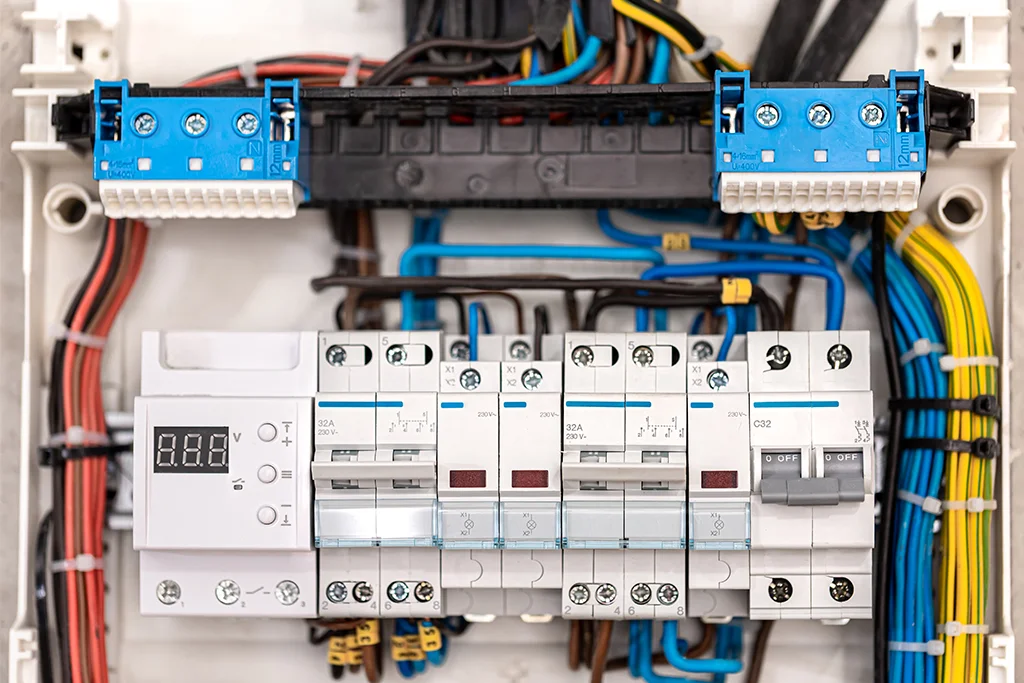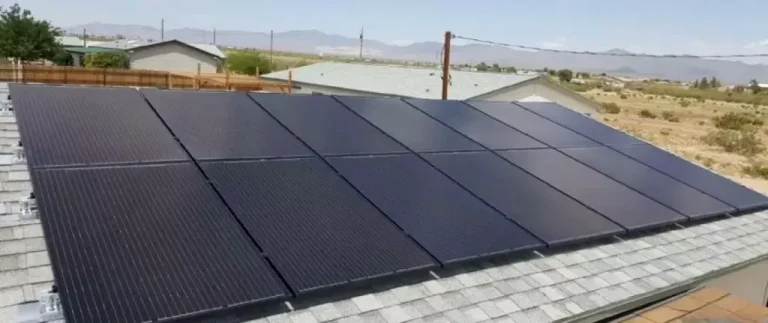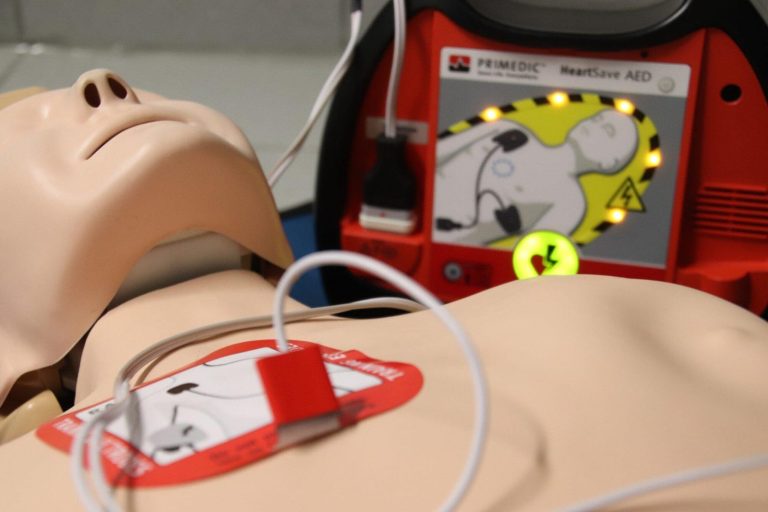The Importance of Circuit Breakers in Electrical Safety

Circuit breakers play a critical role in protecting electrical systems, preventing fires, and ensuring safety in residential, commercial, and industrial environments. These essential devices automatically shut off the flow of electricity when a fault occurs, preventing damage to electrical equipment and reducing the risk of electrocution or fire.
In this article, we will explore the importance of circuit breakers, how they function, and why they are essential for electrical safety.
1. What is a Circuit Breaker?
A circuit breaker is an electrical safety device designed to interrupt electrical flow when it detects an overload, short circuit, or ground fault. Unlike fuses, which must be replaced after a fault, circuit breakers can be reset and reused, making them a cost-effective safety solution.
2. How Do Circuit Breakers Work?
Circuit breakers function by monitoring the flow of electricity in a circuit. When an irregularity occurs, such as a current overload or short circuit, the breaker trips and disconnects the circuit, stopping the flow of electricity.
There are three primary types of protection provided by circuit breakers:
a. Overload Protection
✔ Prevents circuits from drawing more electricity than they can handle.
✔ Avoids overheating and damage to wires, outlets, and appliances.
b. Short Circuit Protection
✔ Detects when electricity takes an unintended path, causing a sudden surge in current.
✔ Prevents damage to electrical components and reduces fire risks.
c. Ground Fault Protection
✔ Detects leakage currents that could cause electric shock hazards.
✔ Essential for bathrooms, kitchens, and outdoor outlets where water is present.
3. Why Are Circuit Breakers Important for Electrical Safety?
Circuit breakers serve as the first line of defense against electrical hazards. Here’s why they are essential for safety:
a. Prevent Electrical Fires
✔ Electrical fires are often caused by overloaded circuits or short circuits.
✔ Circuit breakers cut off the current before excessive heat builds up, reducing the fire risk.
b. Protect Electrical Appliances and Equipment
✔ Prevents damage to electronics, industrial machines, and household appliances.
✔ Extends the lifespan of electrical devices by avoiding power surges and overheating.
c. Reduce the Risk of Electrocution
✔ Ground fault circuit breakers (GFCIs) detect leakage currents that could cause electric shocks.
✔ Essential for high-risk areas such as bathrooms, outdoor areas, and wet environments.
d. Ensure a Stable Power Supply
✔ Prevents unexpected power failures and fluctuations.
✔ Helps businesses and industries avoid downtime caused by electrical failures.
e. Compliance with Safety Standards
✔ Required by electrical codes and regulations to ensure safe wiring systems.
✔ Protects both individuals and property from electrical hazards.
4. Types of Circuit Breakers
There are different types of circuit breakers designed for specific applications and levels of protection:
a. Miniature Circuit Breakers (MCBs)
✔ Used for low-voltage electrical circuits in homes and offices.
✔ Provides protection against overloads and short circuits.
b. Molded Case Circuit Breakers (MCCBs)
✔ Used in commercial and industrial applications where higher current protection is needed.
✔ Can handle higher electrical loads compared to MCBs.
c. Ground Fault Circuit Interrupters (GFCIs)
✔ Designed to prevent electric shocks in areas where water is present.
✔ Required for kitchens, bathrooms, and outdoor outlets.
d. Arc Fault Circuit Interrupters (AFCIs)
✔ Detect and prevent arc faults, which can cause fires.
✔ Commonly used in bedrooms and living spaces.
5. Conclusion
Circuit breakers are vital for electrical safety, protecting homes, businesses, and industrial facilities from electrical faults, fires, and shocks. By automatically detecting and responding to dangerous electrical conditions, they help prevent disasters and ensure a safe and reliable power supply.
Investing in high-quality circuit breakers and ensuring their proper installation and maintenance is essential for preventing electrical hazards and protecting lives and property.






